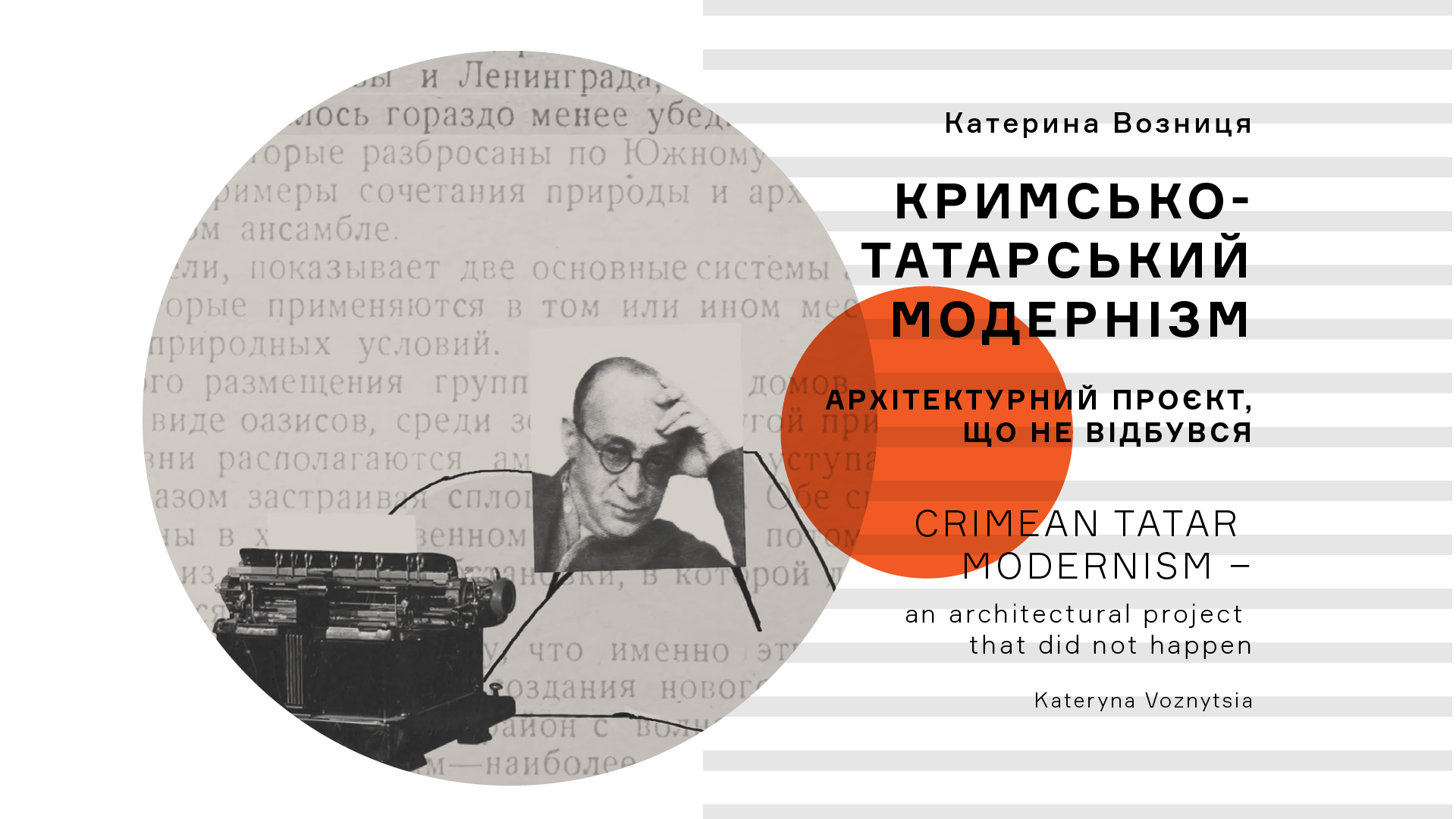Being a privilege of a noble class the term “dacha” denoting the recreational estate appeared in the Russian Empire at the end of the XVIII century. It should be noticed initially the meaning of the word was “the given land lot”. The dynamic industrial development of the 19th–20th centuries edge has impacted the cities inhabitants’ lives dramatically. Ecological issues like smell and dirt have boosted a search for recreation outside of a town among the inhabitants of large industrial cities. Railroads connecting the city and the suburbs have also supported the attendance of Nemishaiv, Motovylivka, Irpin, and Vorzel. And Pushcha Vodytsia was even reachable by the tram, the route of which was partially put through the forest. The dacha-owners image has changed as well – now there were merchants, bourgeois, and intellectuals, not only the noble class representatives, but the lower social groups representatives have now acquired the ability of out-of-town recreation. The dacha became a place where you have a rest from continuous industrial trams noise and a smell of smoke, a place where you have junkets, enjoy boating – a holiday place. The “dacha boom” appeared as a social response to urbanization challenges, as an escape from the city.
Things have changed after the soviet power establishment. Average soviet people were left with almost no such “luxury” as spending time outside the town, the dacha became a recreational place mostly for party elites, so-called “nomenklatura”. Khrushchev Thaw has braced up the dacha culture, however, instead of a place for rest dacha has become a place of hard work where additional foodstuff was acquired from. There was even no accommodation place sometimes, just some inventory container and farming land itself. However, there still was a huge privilege of owning a dacha – it was a place for a Soviet citizen to escape from the regulations and bureaucracy of the regime, a place to stay on your own. Architects found a place for their creative freedom in their dachas; the sixtiers have turned their dachas into places where like-minded people gather and fresh ideas born; working-class was seeing it as a place to grow their own vegetables and add a certain degree of a villager lifestyle to their lives.
The dacha owners of a (post)soviet kind, elderly men and women, carrying buckets with fruits on their way home, are being replaced by the youth. The people visiting the dacha to have a BBQ, bringing its initial purpose back to it. So the dacha word nowadays can denote both a luxurious suburban cottage and a family heritage and, finally, just a piece of agricultural land with a warehouse. Anyways, disregarding the architectural style or the ownership form there’s something in common between the dachas of all times – it’s still a place to escape from problems we don’t want to resolve.



































